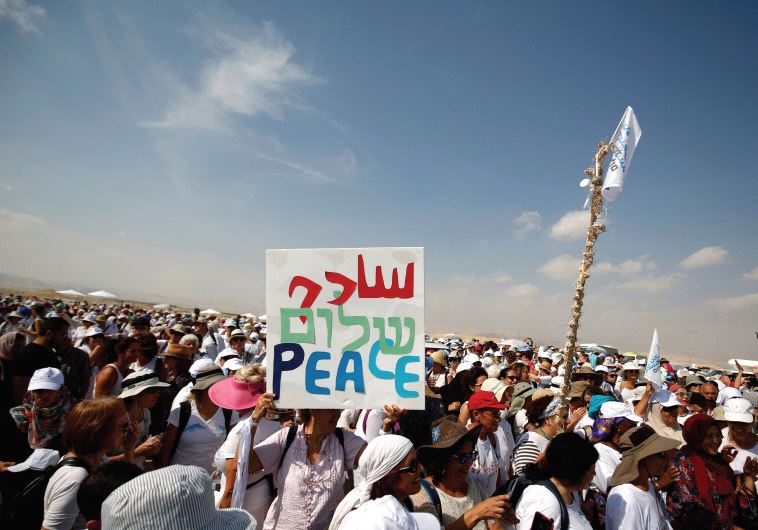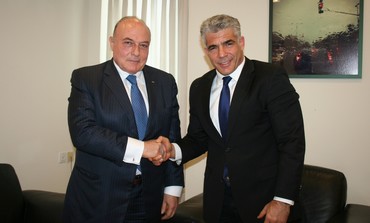In the US-Egypt-Qatar leaders’ jont statement it was clear that the mediators are fed up and want an agreement to end the war and to bring the Israeli hostages home. They essentially said that the “rules of the game” have been changed. They are now ready to put down their own bridging proposals. That is what they need to do from the very beginning of this round of talks. The previous proposal, the so-called Netanyahu plan is a bad plan. It will take too long to implement, there are too many potentials points of failure, it does not bring a quick end to the war and Israeli withdrawal from Gaza, and it does not make the full exchange for all of the Israeli hostages and Palestinian prisoners. The time frame of the deal must be shortened to 4-6 weeks and during that time the war must end, Israel must withdraw from Gaza, the Gaza-Egypt border must be hermetically sealed on the Egyptian side with American inspectors; and the Israeli hostages – all of them, living or dead, must be returned to Israel in exchange for as many Palestinian prisoners as is agreed. The Palestinian prisoners must be allowed to return to their homes, both as principle and because that is where they can be best monitored by Palestinian and Israeli security apparatuses. The three heads of the Israeli negotiating team are going to Doha – this is very important. The Head of Egyptian Intelligence will be there, so will the Qatari Prime Minister and the Head of the CIA. Hamas is in Doha and the Egyptians and Qataris are in constant contact with them.
The mediators must have their diplomatic tool box filled with lots of carrots, and also lots of sticks. An additional tool has apparently been added to the tool box by the assessment that Iran will not attack Israel if a ceasefire is reached. The US must now use its big stick against Israel: We, the US have your back Israel if you are attacked by Iran or by Hezbollah – but we will no longer fuel the war in Gaza. The Egyptians and Qataris have their big sticks for Hamas including expelling the Hamas leadership from Qatar and not allowing Hamas leaders and their families to stay in Egypt – along with other sticks and carrots. Now is the time for an agreement. The Israeli negotiators should not leave Doha until that agreement is reached. If the Israeli negotiators reach the point where they can agree but know that Netanyahu will prevent agreement, then they must return home, present the agreement to the public and all should resign from their post as negotiators. This can be done now – it must be done now!


